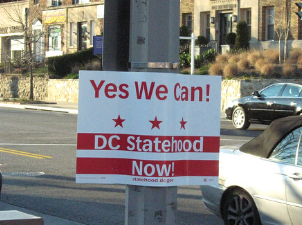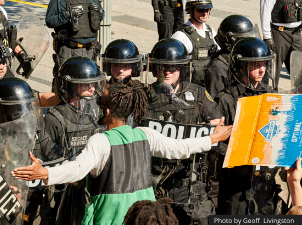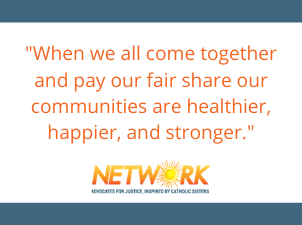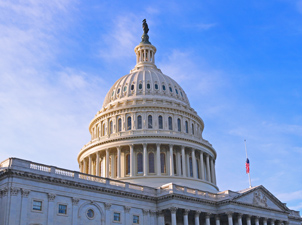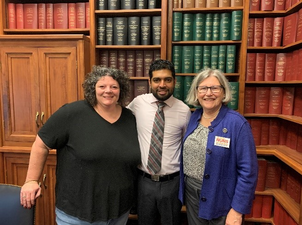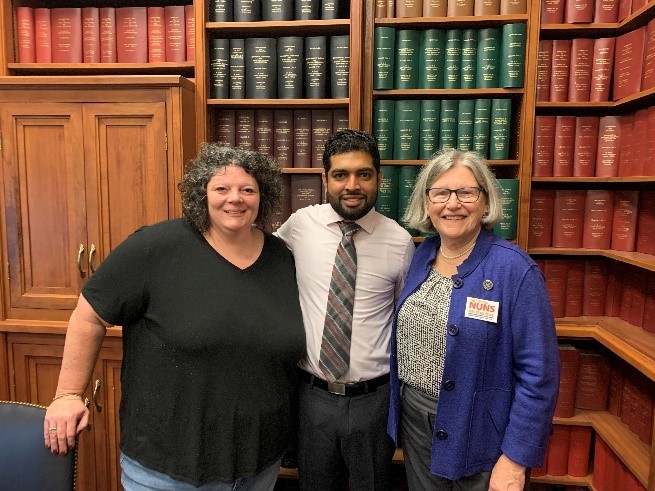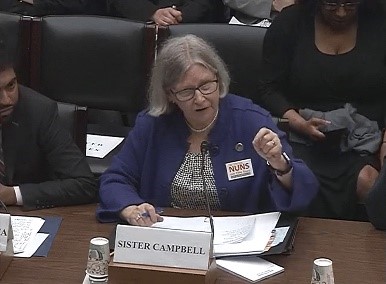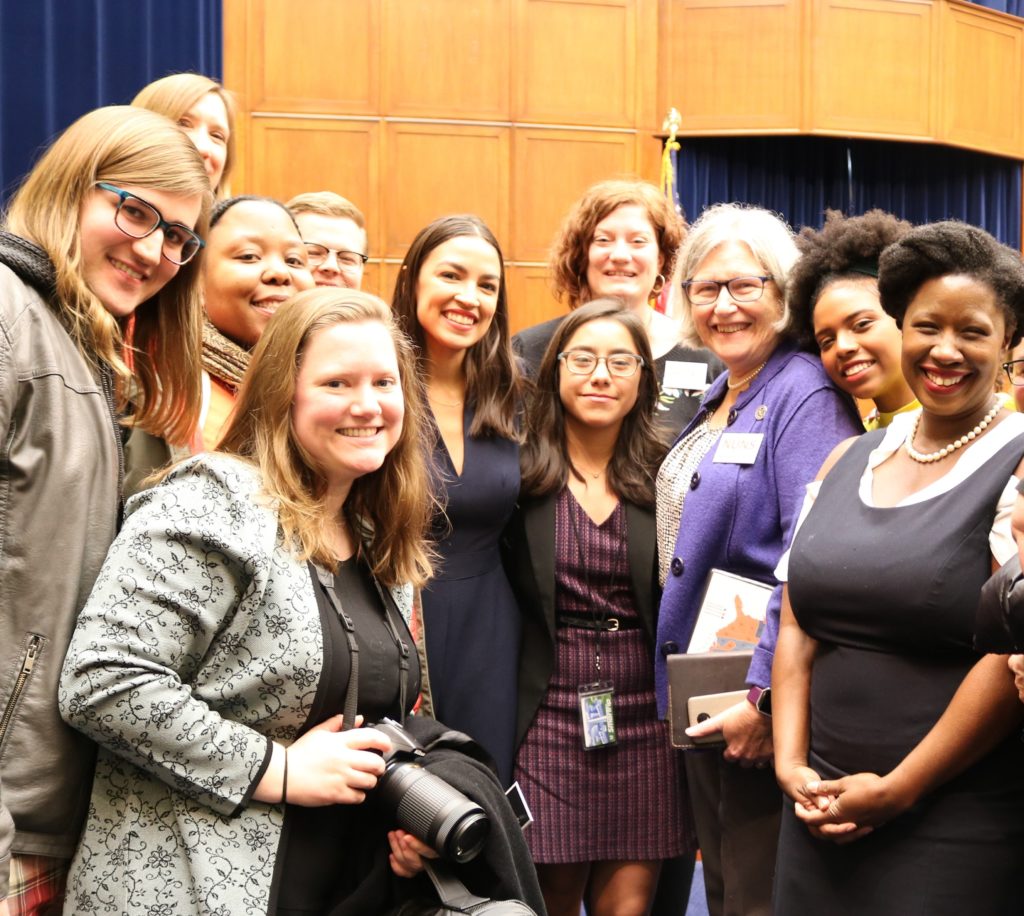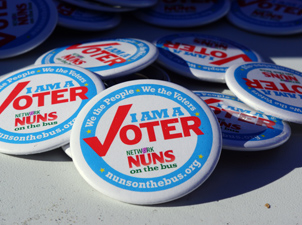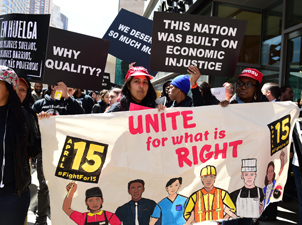
Washington, D.C. Deserves Equal Representation
Sr. Quincy Howard, OP
June 26, 2020
Tomorrow, the House of Representatives will vote on H.R. 51, the Washington D.C. Admission Act, legislation introduced by Representative Eleanor Holmes Norton that would finally give equal representation to the more than 706,000 people who call Washington, D.C. their home. NETWORK supports this legislation and the movement to secure equal representation and equal rights in the U.S. Congress for the District of Columbia.
In a letter sent to Representatives today, we write, “With a majority Black and brown population, the fight for D.C. Statehood cannot be separated from the struggle for racial justice in our nation. The lack of voting representation for D.C. residents is part of the harmful heritage of racial injustice in our nation. Our government cannot continue to arbitrarily revoke the fundamental, constitutional rights of our fellow citizens living in the District. It is wrong to justify the status quo based on party politics or the historical precedent of preventing Black and brown people from voting.”
The House vote on H.R. 51 could be a significant step forward for Democracy, as Rep. Holmes Norton said on twitter, “Neither chamber has passed the DC statehood bill in DC’s 219-year history. This is the beginning of the end of taxation without representation and the start of consent of the governed for DC residents.” We urge all representatives to vote yes on H.R. 51!
Read NETWORK’s full letter to the House of Representatives below, or download as a PDF.
June 25, 2020
Dear Representative,
NETWORK Lobby for Catholic Social Justice urges you to vote YES on the Washington D.C. Admission Act (H.R. 51). H.R. 51 is a vital piece of legislation that will finally give equal representation to the more than 706,000 people that call Washington D.C. their home.
Voting representation is the foundation of our democracy and it is past time to extend it to the people of D.C. Even with the passage of the 15th Amendment and the success of the women’s suffrage and Civil Rights movements, District of Columbia residents have remained disenfranchised from voting since its establishment. Today a population the size of Vermont—all neighbors to our nation’s epicenter for democracy—are stripped of their most fundamental right to vote. Our nation cannot proclaim to be the world’s strongest democracy when we deny hundreds of thousands of people political representation simply because of their zip code.
With a majority Black and brown population, the fight for D.C. Statehood cannot be separated from the struggle for racial justice in our nation. The lack of voting representation for D.C. residents is part of the harmful heritage of racial injustice in our nation. Our government cannot continue to arbitrarily revoke the fundamental, constitutional rights of our fellow citizens living in the District. It is wrong to justify the status quo based on party politics or the historical precedent of preventing Black and brown people from voting.
As people of faith, we believe that it is every citizen’s right and responsibility to participate in the political process as an expression of their inherent dignity. Our nation was founded on the principle of self-governance, but the people of D.C. do not have control over their own laws or their own budget. Residents of the District must no longer be denied this sacred right and responsibility—it is time for Congress to act.
Our status quo maintains that these Americans are not worthy of fully participating in our democracy. This historic vote brings us closer to achieving the ideals articulated in our founding documents. We urge a quick passage of H.R. 51 in the House of Representatives to grant Washington D.C. the sovereignty, rights, and dignity of statehood. Additionally, NETWORK Lobby urges a NO vote on any MTR’s introduced on the floor that diminish the pro-democracy reforms that H.R. 51 accomplishes as currently written.
Sincerely,
Sister Quincy Howard, OP
Government Relations Advocate, NETWORK







